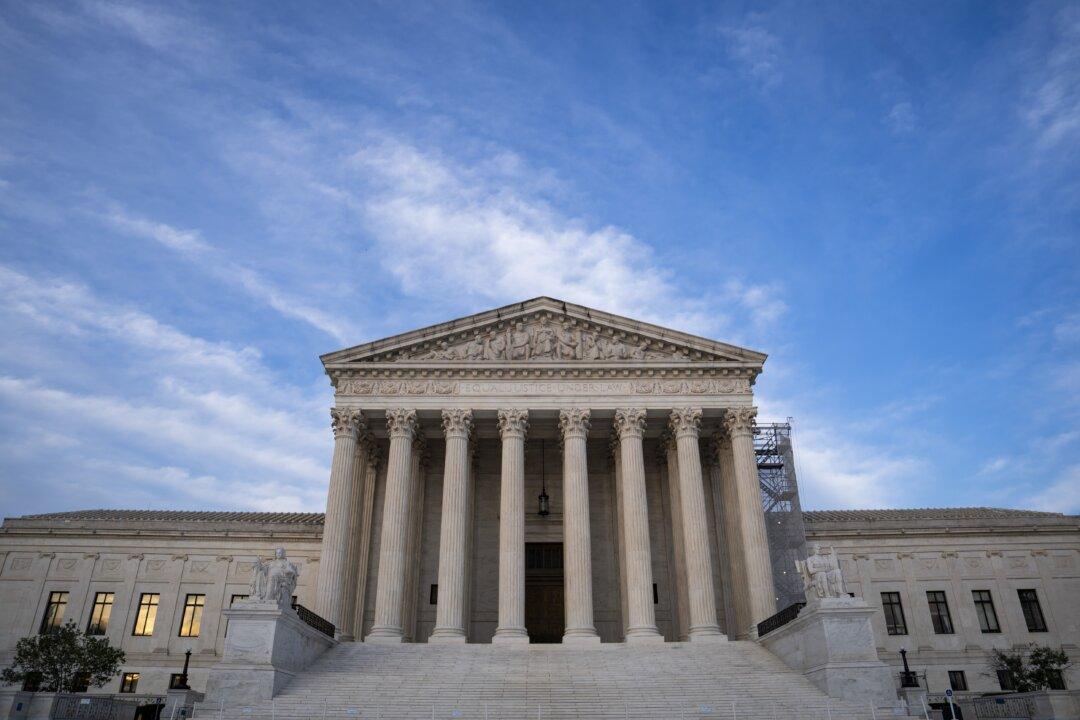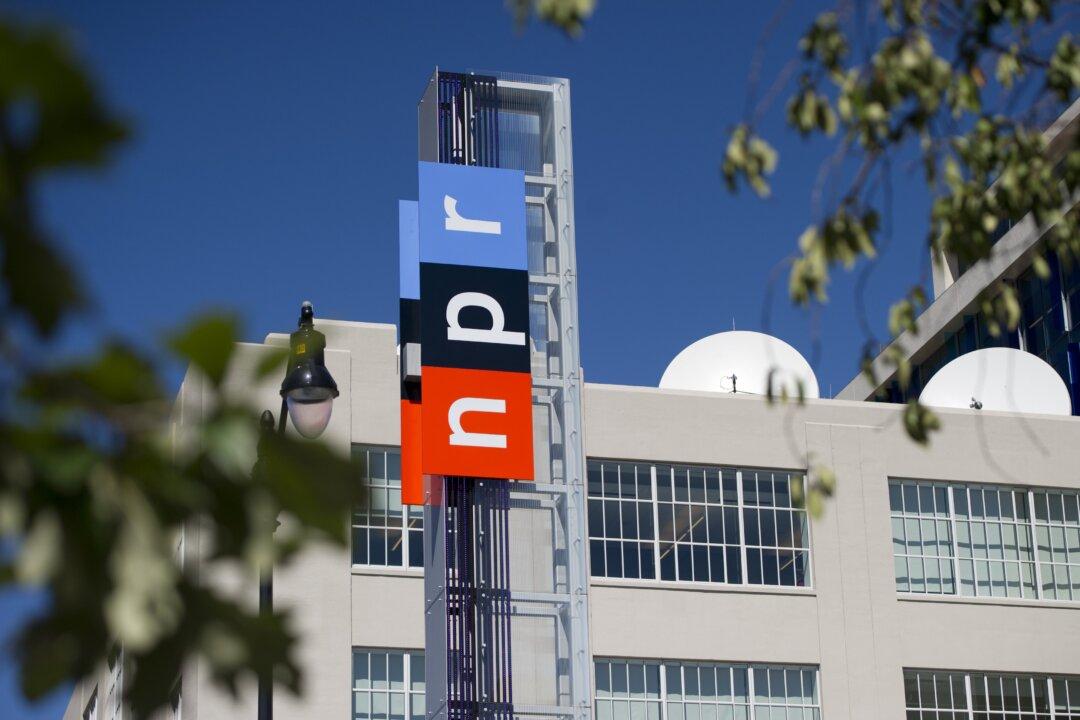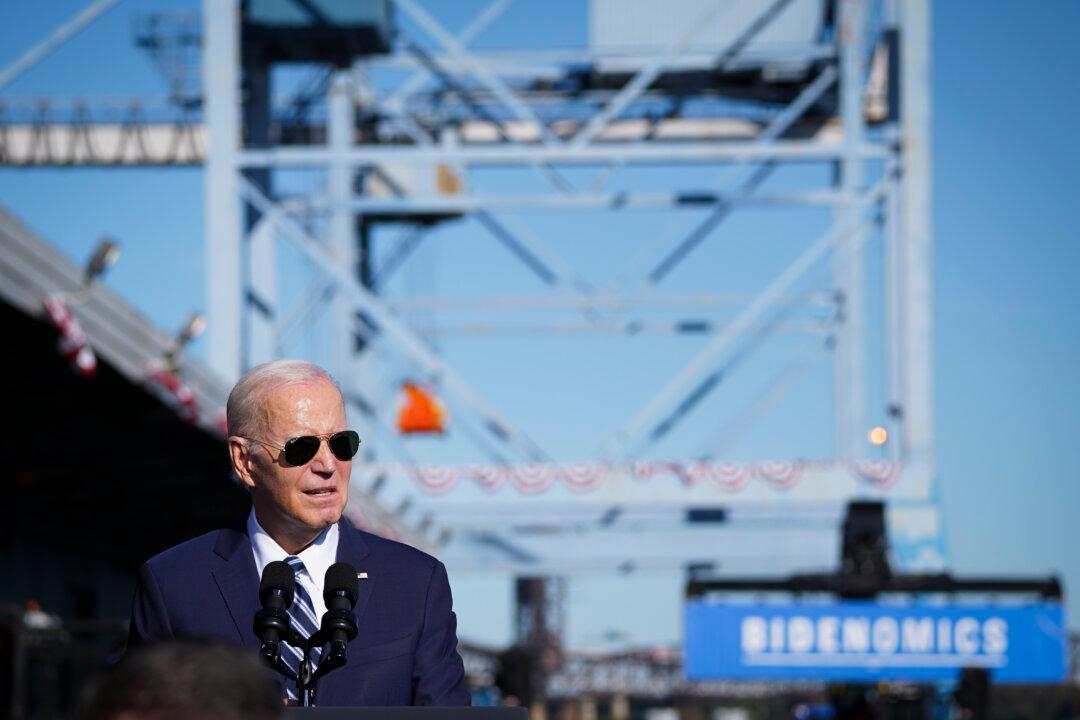Commentary
A group of recent rulings by the Supreme Court (SCOTUS) have led some to speculate that the court has opened the path to anarchy within the justice system, particularly in those cases that involve environmental regulation. I don’t believe that chaos is imminent—far from it—and will endeavor to make the case that SCOTUS has been reasonable within a constitutional context.





